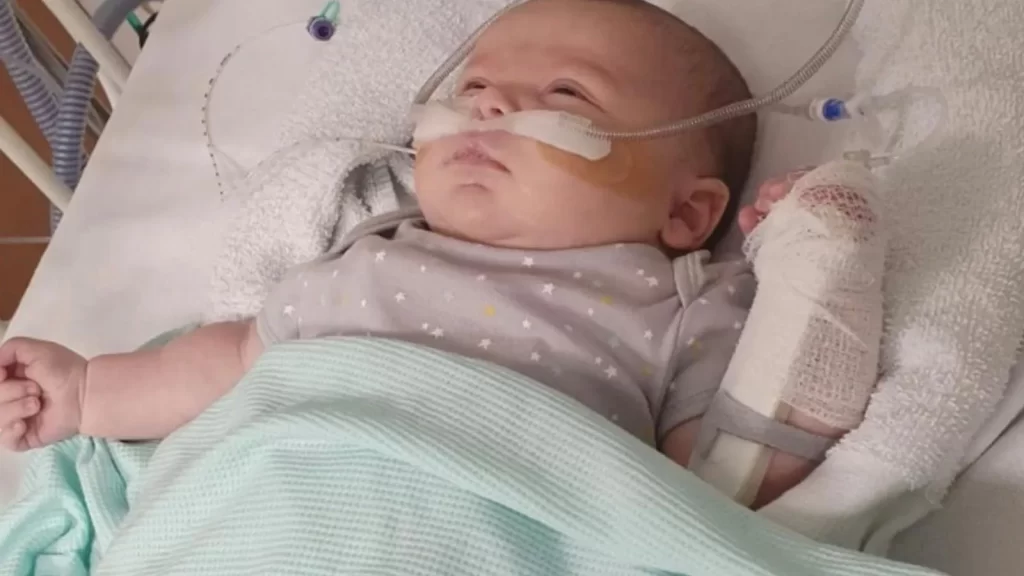Two out of five maternity units in England are providing substandard care to mothers and babies, the NHS watchdog has warned.
“The quality of maternity care is not good enough,” the Care Quality Commission (CQC) said in its annual assessment of how health and social care services are performing.
It published new figures showing it rated 39% of maternity units it inspected in the year to 31 July to “require improvement” or be “inadequate” – the highest proportion on record.
Ian Trenholm, the CQC’s chief executive, said maternity services were deteriorating, substandard care was unacceptably common and failings were “systemic” across the NHS.
“This means that the care in almost two out of every five maternity units is not good enough.”
That 39% was up on the 31% of services that received a similarly poor rating the previous year.
Last year the other 61% of maternity units CQC inspectors visited were deemed to be either good (57%) or outstanding (4%), down from 69% a year earlier.
The report said: “The findings of recent reviews and reports … show the same concerns emerging again and again. The quality of staff training, poor working relationships between obstetric and midwifery teams and a lack of robust risk assessment all continue to affect the safety of maternity services. These issues pose a barrier to good care.”
Staff not listening to women during pregnancy and childbirth is a recurring problem, Trenholm said. Their concerns “are not being heard” by midwives and obstetricians “in the way that they should”.
The CQC’s findings come two days after an almost three-year long inquiry by Dr Bill Kirkup found huge failings in the maternity care provided between 2009 and 2020 by the East Kent hospital trust. Forty-five babies who died might have lived if they had received nationally recognised standards of care, he said.
“Action to ensure all women have access to safe, effective and truly personalised maternity care has not been sufficiently prioritised to reduce risk and help prevent future tragedies occurring.”
Maternity care at nine hospitals is currently rated inadequate. They include Furness general hospital in Cumbria, deaths of babies and mothers at which prompted the Morecambe Bay inquiry in 2015. Nottingham city hospital, which is one of two hospitals in an ongoing government-commissioned investigation by the senior midwife Donna Ockenden, is also on that list.
Sara Ledger, the head of research and development at the maternity safety charity Baby Lifeline, said: “It’s disheartening to see the CQC’s reported drop in quality of maternity units. It is all the more disappointing considering the many reports, recommendations and calls to action for improvements to maternity care that have been published in recent and not so recent years.”
Persistent avoidable harm and death is occurring in maternity care because of “a long-term failure to invest in the maternity workforce, compounded by the lack of workforce planning; poor workplace culture; a lack of investment in training; and the failure to listen to women, birthing people and families”, she added.
Meanwhile, Dr Caroline Johnson, the maternity care minister, has told the families bereaved and affected by the failures in East Kent that she is “profoundly sorry” and that “this should never have happened”.
Johnson called Kirkup’s report “a litany of failure that makes for very difficult reading”. The trust “failed to read the signals and they missed every opportunity to put things right”, she said.
She told MPs in an oral statement that the regularity with which maternity scandals occur meant “we cannot pretend the story of East Kent is a one-off. Reviews from Morecambe Bay to Shrewsbury and Telford paint a more disturbing picture.
“While they may be some of the most extreme examples, and we must hope that they are, they are certainly not isolated incidents.”
Source: The Guardian



